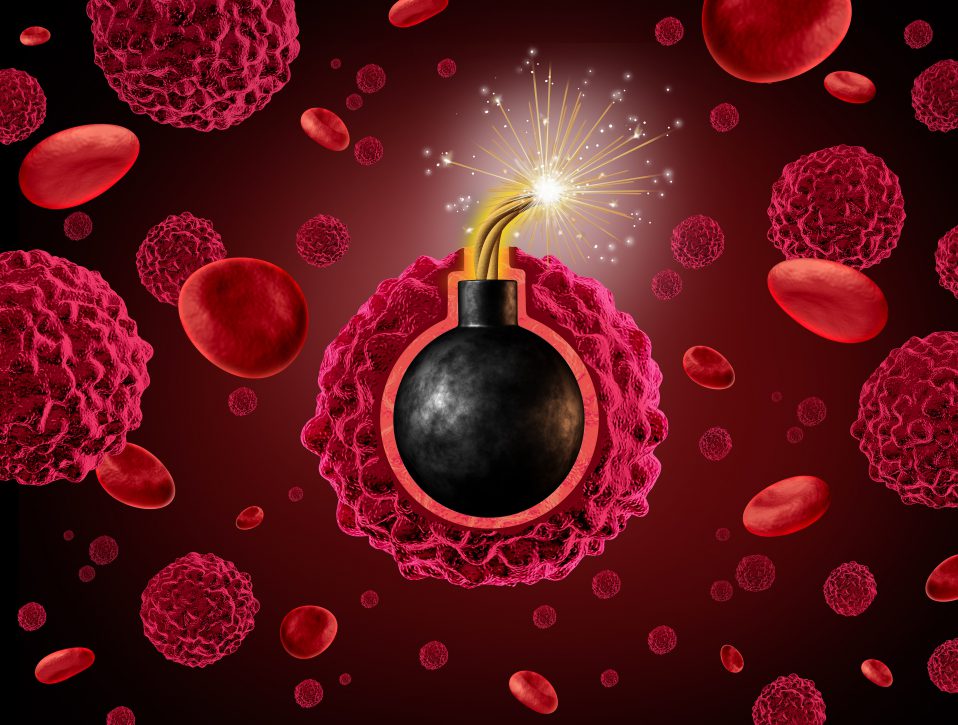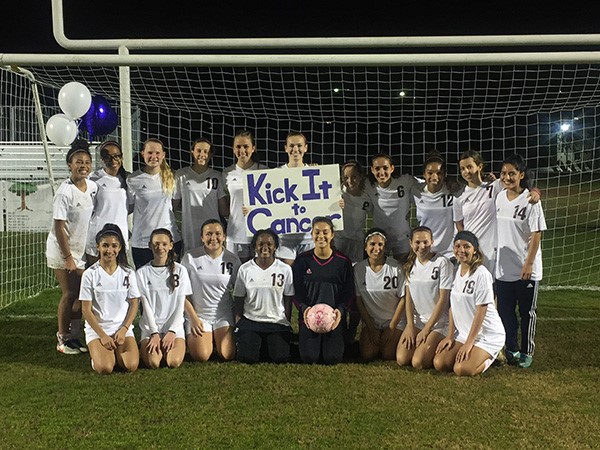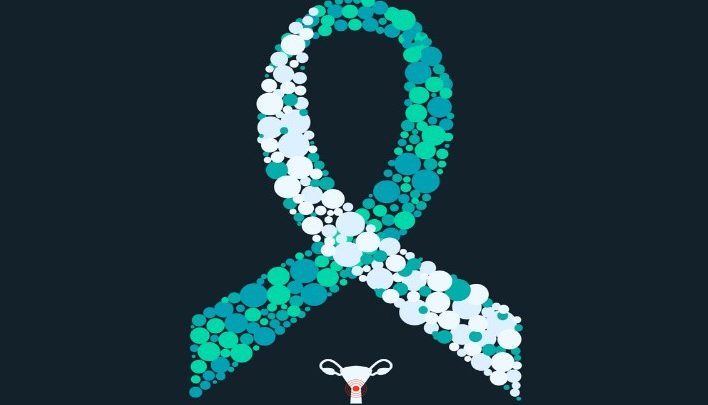A study out of the United Kingdom predicts that while cervical cancer in young women is set to decline 75 percent by 2040, with deaths close to eradicated, women aged 50-64 will see a 62% rise in the disease, leading to a 143% rise in mortality, from 183 deaths in…...
Free Cancer Screening Guidelines






















